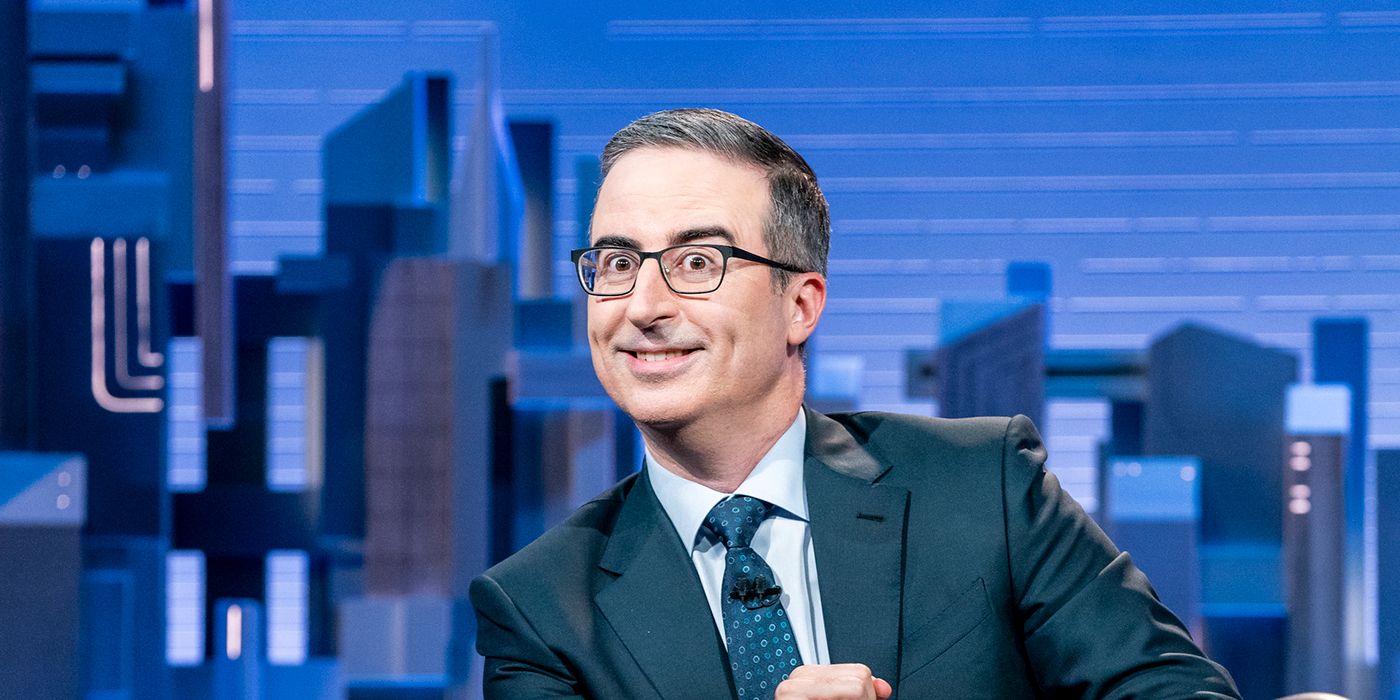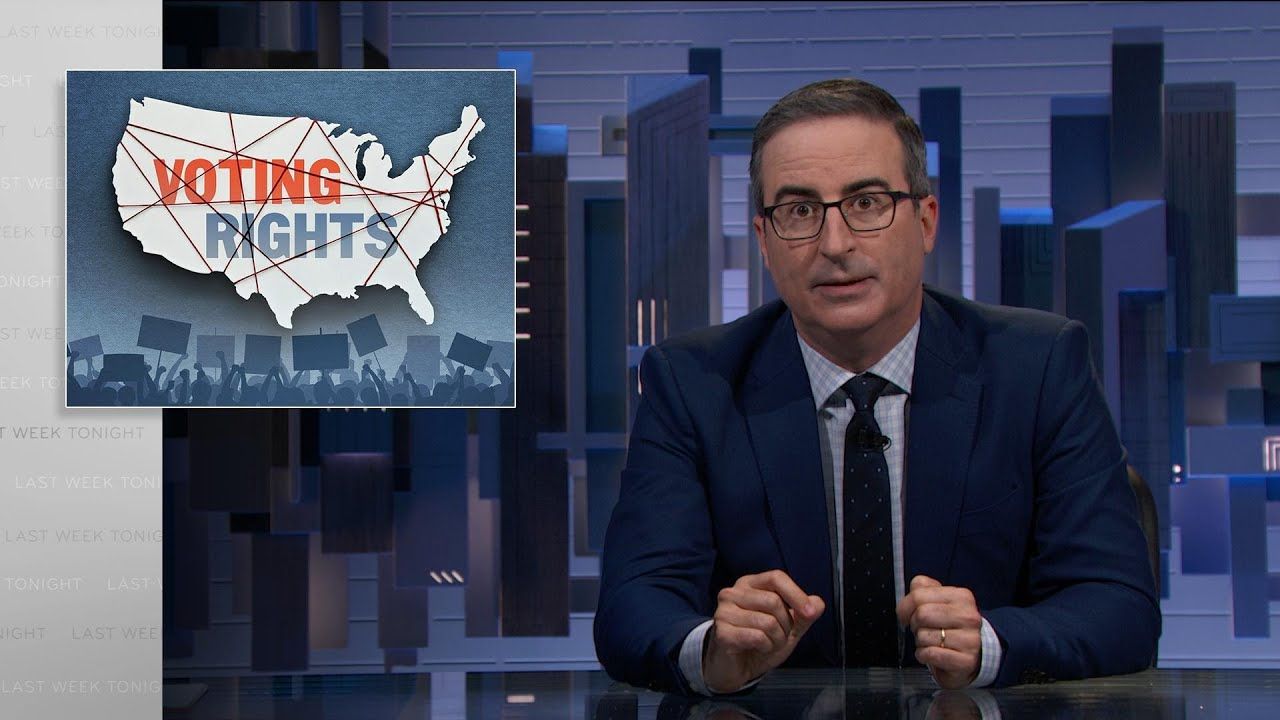The main subject of this weekend’s Last Week Tonight with John Oliver was not as controversial as the past 3 episodes of Season 9. Episode 4 dealt with the topic of acquiring tickets for entertainment events, specifically, the issue with ticket sales nowadays. No matter where you stand on other issues, there is little point of contention when it comes to ticket prices and how they can sometimes be incredibly difficult to get.
As usual, the program started with the host John Oliver commenting on this week’s most relevant news which included the ongoing conflict between Russia and Ukraine, and the Parental Rights in Education Bill which was introduced in Florida and threatens LGBTQ rights in the state. Regarding the latter, Oliver took special aim at Disney for having donated money in support of the bill.
Although it is an unusual topic for this satirical show, the problem with acquiring tickets for live entertainment is a relevant subject, especially considering, as Oliver points out, that it was one of the things people missed the most during the pandemic. The main objective of this episode was to dissect the core issue with ticket sales, denounce who is profiting from the inflated prices, and what one may be able to do about it.
One of the culprits behind this issue, which was also a target of Oliver’s criticism, is Ticketmaster, the largest ticket marketplace. The host begins by laying out the hypocrisy of the company’s claims to “put fans first” while also charging outrageous fees for their tickets, which could be as high as 78%. To drive home the point that Ticketmaster has a bad reputation among consumers, Oliver brings back the running joke of AT&T not being great but nevertheless implying that the telecommunications company is still the least hated of the two.
Oliver makes it clear, however, that in spite of its opaqueness when it comes to the process of selling tickets, Ticketmaster is not the only problem. Part of the issue with ticket pricing stems from the contracts that are set with the venues of the events, the promoters, and even the artists themselves.
Another problem that has nothing to do with the pricing, is how tickets sometimes disappear in such a short time that one does not have the time to purchase them. What happens is that, as Oliver explains, many shows only make 25% of tickets initially available to the public, with the remaining tickets being held back and sold in other ways, namely by professional ticket brokers.
Towards the end, the host addresses one rebuttal some might have: that people pay what they are willing to pay, and if they are willing to spend $1000 on a ticket to a concert, then that is what that ticket is worth. However, it should not have to be like that. One solution Oliver offers is for Congress “to inject transparency into this process by passing laws that require sites to disclose their fees upfront”. The main solution, however, in his view, is for artists to take charge and do something about it, for instance, making their tickets non-transferable. If nothing happens to correct this problem, “if regulators don’t act, and artists don’t have the clout or the inclination to require companies to put those guardrails in place,” Oliver concludes, “I’m afraid you as a fan are going to remain vulnerable to the worst parts of this system”.


